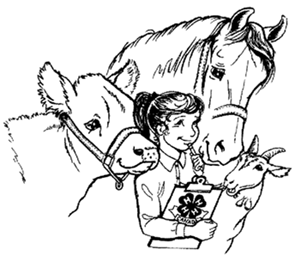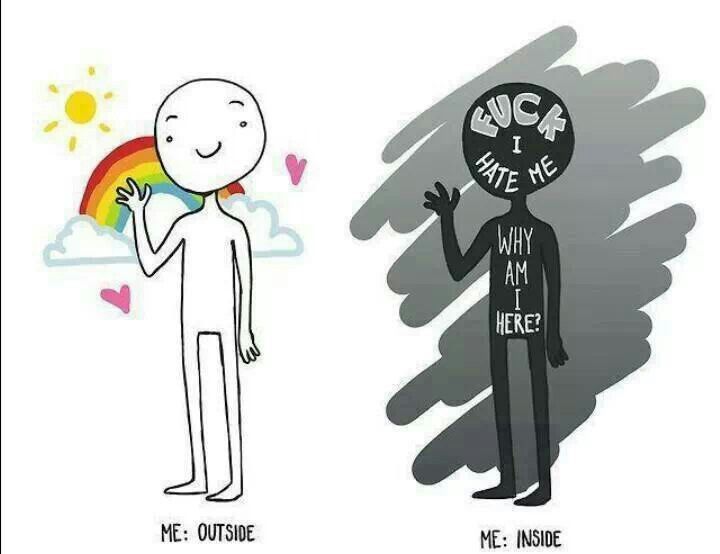As a preschooler, my preferred playmates were boys. I didn’t have much use for girls my age, who seemed inordinately preoccupied with caring for or showing off their dollies. I hated dolls. Worse. I hated and feared dolls. Especially the ones with the eyes that would fly open when the doll was lifted up. Those glassy, dead eyes, staring at me — I still shudder at the memory.

When I was six, my mother bought me a Patty Play Pal doll, which was an almost life-sized concoction of plastic, again with those fly-open glassy eyes. I detested the thing. I took off her clothes and put her downstairs in the darkest corner of the musty root cellar, which had a door with an outside latch, hoping that shame at her nakedness would keep her there. Apparently my mother thoughtfully brought her back upstairs and redressed her, but I was convinced that the damned doll was walking around, re-dressing itself, and perching itself in my room with its arms reaching toward me and that damned smirk plastered across her face, like something out of the scariest episode of “The Twilight Zone.”
By the time I reached school age, I was ready to accept girls as friends and companions for play, but it seemed as though each time I singled out a girl who seemed promising as a potential friend, she would retreat from knowing me after a short time. The excuse I was usually given was that the girl’s mother didn’t want her to play with me. This happened repeatedly, and I just accepted that it was the case without consciously wondering what made me such an inappropriate friend or playmate (although I’m sure that this constant negative judgment had its effects on my personality).
It wasn’t until years later, in my mid-teens, that something similar happened, and I finally began to wonder what it was all about. That summer I was attending a writing camp, and I struck up a friendship with another girl in the program. This was a church-sponsored, church-run summer camp, and the wife of the minister in charge of the program took me aside. She said to me that she wanted me to “be careful” because my new friend “isn’t like you — she’s a nice girl.”
A Nice Girl. What made this young woman “nice,” and what was so “not nice” about me? At the time I was a straight-A, honor-roll student, winning academic awards right and left and heading toward graduation as valedictorian of my class. I was a community-oriented person who volunteered time to teach Sunday School, tutor students in math, collect money for charities, and waitress at church suppers. I didn’t drink or do drugs or have sex. I played team sports (badly). I was kind to children and animals. What the hell wasn’t “nice” about me?

Here’s an experiment you can do. Go to Google, type in “a nice girl,” and then click on Images. See if you can discern what makes all those women “nice girls.”

Unlike those Googled girls, I wasn’t traditionally feminine. I was a 4-H’er who raised farm animals and preferred barnyard couture to frillier attire. I was honest and plain spoken. I was probably a bit rough around the edges, but “not nice”? No, it wasn’t that I wasn’t a “nice” person, I just wasn’t a feminine young woman. I was a baby butch, long before I had doped out my sexual orientation.
Stop for a moment and imagine what that meant — my sexual proclivities or my gender expression tendencies were apparent to everyone’s mother long before I had a clue what they were. My sexual orientation matured in this acid bath of negative attitudes.

Throughout my childhood I was given the message, over and over, that there was something about me that was wrong, that was not as it should be, something that made me undesirable as a friend or playmate. At the time, I wasn’t self-aware enough to have any hope of doping out what was “wrong with me.” I just knew that for some reason I was intrinsically bad, detestable, wrong. It wasn’t a very nice way to grow up. It certainly didn’t foster self-esteem, confidence, or a healthy ego, but it also didn’t induce me to become more traditionally feminine. I think that, based on my own experiences, harping on a child’s gender presentation does no good and much harm.
And here’s the saddest fact of all. It wasn’t until I was 59 that I met a woman who could accept, love and celebrate me for every bit of who I was. It wasn’t until I was 60 that I met a partner’s mother who didn’t take her daughter aside to whisper something like, “Well, okay, so you’re a lesbian, but did you have to pick someone so butch?”

First, I’d like to point out that I have no gaydar whatsoever. This may be due to the fact that I grew up in a farming community where females not only rode on the tractor, but could fix it also. Dress was casual except for the few girls who were the prom queen type. They kept their hair neat, make up on at all times, dresses neat and pressed, etc.
I’ve heard genderqueer/genderfluid women say that life would have been so much easier for them had they known that there was someone else in the world like them. Since I didn’t sort out my sexuality until later in life I don’t really understand that yearning.
It seems to me that any attempts to categorize ones sexuality is an arbitrary line drawn in the sand. Is every woman who wears plaid shirts butch? Cargo pants? Mohawks? It’s like knowing that the tomato is a fruit and not a vegetable. Does knowing that make it taste any differently?
I can understand the yearning to know that there are others out there with whom you can identify. But, It seems too much like a club where If you don’t meet all of the club requirements you can’t be a member anymore. My fear is that this can also be harmful-to think that one is not butch enough or femme enough, and still struggling for a sense of belonging.
As we search for inclusion outside of the community I think we should also search for inclusion within the community. We are what we are. I don’t like being like a plant where I can be pin pointed as a plant…kingdom, ranking, order, family, subfamily, tribe, genus …oh crap, I’m only 5 out of 7 to be qualified as butch or femme! What do I do now?
I do think that there is something wonderful and healing in telling our stories. And I don’t take anything for granted. I know that for some coming out was no big deal, but for others there may be a lot of pain and loss in their stories. Remember years ago when the saying “I’m ok, you’re ok” was a popular saying? I think we need to bring that saying back.
LikeLike
Given that you came out later in life, it makes perfect sense to me that you might not understand that yearning to know that “you aren’t the only one.” If you grow up queer in a heterosexual family in a heterosexual town with no LGBTQI role models and no acceptance of non-heterosexuals, it kinda makes you feel like a two-headed calf. I wrote an essay about how important to me was the existence of a very fey boy in my town. My rationale was that if there were _two_ of us, then I couldn’t just be a “mistake.” On the other hand, I had a very dear friend, whose sexuality was on the fluid side, who really couldn’t understand why we needed any labels at all — and in the best of all possible worlds, we wouldn’t. But in my very straight town, the only person I know of who got murdered was a gay antique dealer. In a world like that, it helps to know what you are and who is safe and who is not. I think it’s wonderful if you haven’t ever needed to know that.
LikeLike
Better late than never!
LikeLike
Absolutely!
LikeLike